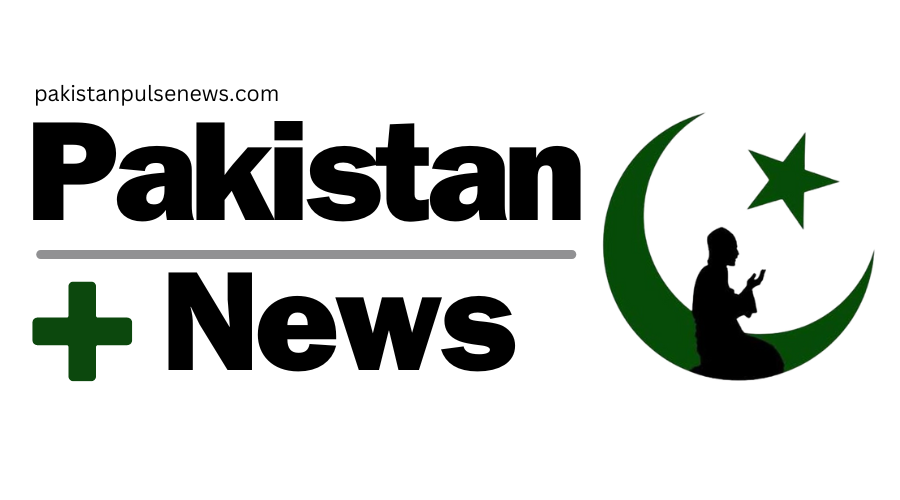Windhoek, Namibia (TAE)-The scourge of colonialism has left indelible marks on the history of Africa, with countless atrocities committed against its people. Among the numerous tragic events, a few stand out due to their sheer brutality and scale. This article revisits some of the most significant massacres during colonial times in Africa, serving as a somber reminder of the continent’s painful past.
The Herero and Namaqua Genocide, German South West Africa (Modern-day Namibia), 1904-1908
Regarded as one of the first genocides of the 20th century, the Herero and Namaqua genocide was carried out by the German Empire in the territory of modern-day Namibia. The conflict began in 1904, following a revolt by the Herero and Namaqua people against German colonial rule. The German response was ruthless, with General Lothar von Trotha issuing an extermination order against the Herero. Thousands were driven into the desert, where they died of dehydration, while those captured were placed in concentration camps, where they were subjected to forced labor, medical experiments, and executions. It is estimated that up to 80,000 Herero and Namaqua people died during this dark period.
The Congo Free State, 1885-1908
Under the personal rule of King Leopold II of Belgium, the Congo Free State was the site of some of the most brutal exploitation and mass killings in colonial Africa. The quest for rubber and ivory led to widespread atrocities, including forced labor, mutilation, and systematic extermination. The colonial administration’s demand for quotas and the use of the Force Publique for enforcement led to the deaths of millions of Congolese. Estimates of the death toll vary widely, but some suggest that the population of the Congo was halved, resulting in up to 10 million deaths.
The Mau Mau Uprising, British Kenya, 1952-1960
The Mau Mau Uprising was a violent struggle against British colonial rule in Kenya. The British response to the uprising was marked by severe repression and atrocities, including mass detentions, widespread torture, and executions. Villages were burned, and civilians were relocated into concentration camps and “villagization” programs under dire conditions. The exact number of casualties remains disputed, but tens of thousands of Kenyans were killed, with the majority being civilians.
The Maji Maji Rebellion, German East Africa (Modern-day Tanzania), 1905-1907
The Maji Maji Rebellion was a widespread revolt against German colonial rule in East Africa, sparked by oppressive policies, forced labor, and unjust taxation. The German military’s response was brutal, employing scorched earth tactics, destroying crops, and killing tens of thousands of civilians. The famine that followed the rebellion resulted in the deaths of an estimated 75,000 to 300,000 people, decimating the population in the affected regions.
These massacres are a testament to the devastating impact of colonial rule in Africa. They highlight the extent of suffering endured by the indigenous populations and the long-lasting effects of colonial oppression. As the continent moves forward, it is essential to remember these atrocities, ensuring that the victims are honored and that such tragedies are never repeated.


